Browse all events for July 20.
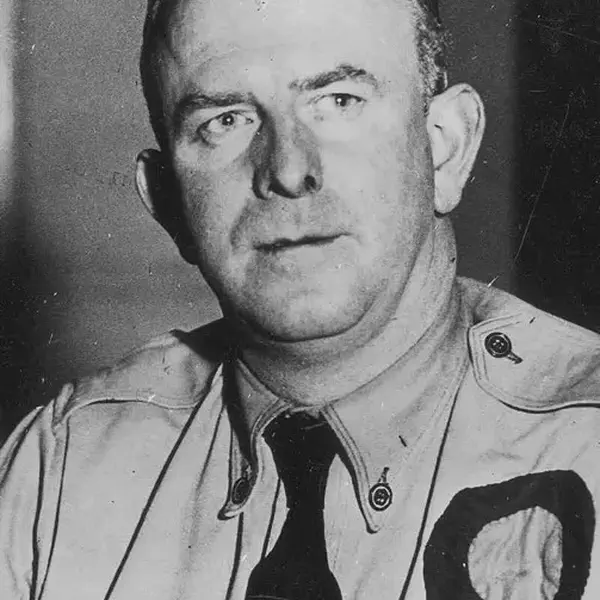
Eoin O'Duff becomes leader Blueshirts
Eoin O’Duffy (born Owen Duffy; 28 January 1890 – 30 November 1944) was an Irish revolutionary military commander and police commissioner who later became a fascist leader.
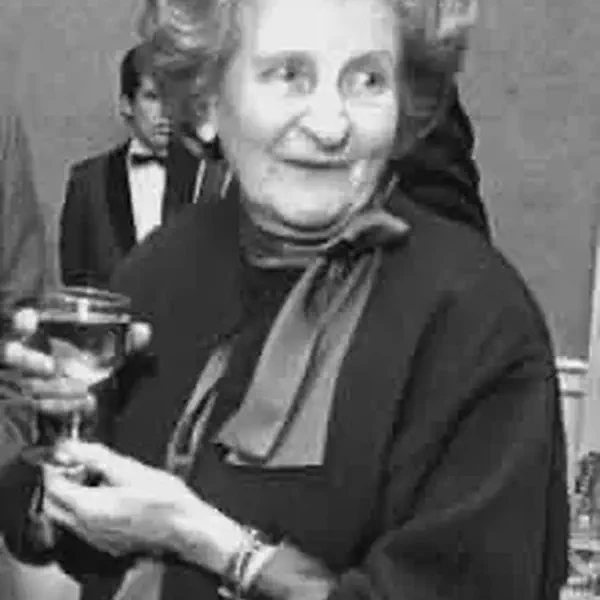
Molly Keane, born
Molly Keane (20 July 1904 – 22 April 1996), née Mary Nesta Skrine, and who also wrote as M. J. Farrell, was an Irish novelist and playwright.
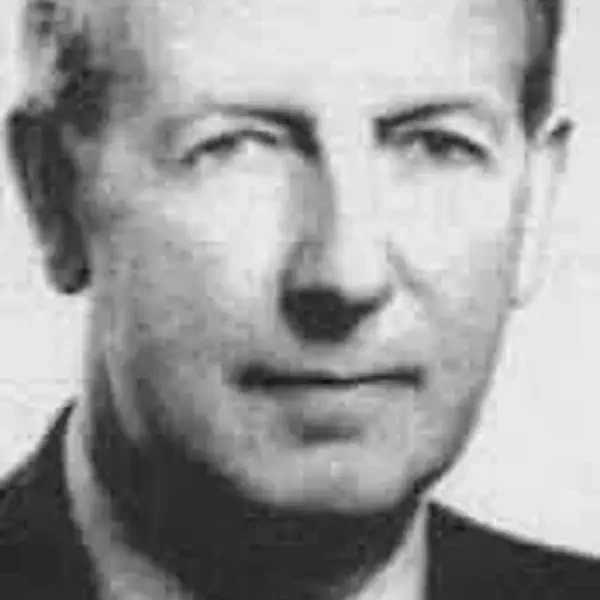
Jimmy Kennedy, born
James Kennedy OBE (20 July 1902 – 6 April 1984), was an Irish songwriter,[1] predominantly a lyricist, putting words to existing music such as “Teddy Bears’ Picnic” and “My Prayer”, or co-writing with the composers Michael Carr, Wilhelm Grosz (who sometimes used the pen name, Hugh Williams), and Nat Simon, among others.
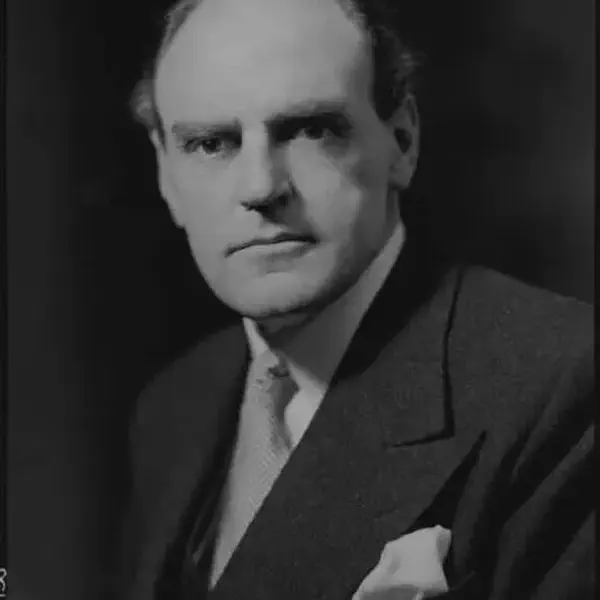
John Reith, 1st Baron Reith, born
John Charles Walsham Reith, 1st Baron Reith, KT, GCVO, GBE, CB, TD, PC (20 July 1889 – 16 June 1971), was a Scottish broadcasting executive who established the tradition of independent public service broadcasting in the United Kingdom.
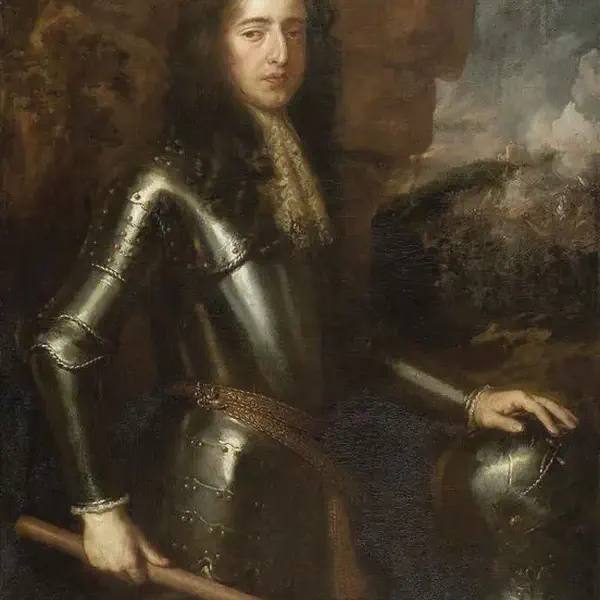
Orange Order
The Orange Institution, better known as the Orange Order, is a Protestant fraternal organization based in Northern Ireland. It has been a strong supporter of Irish unionism and has had close links with the Ulster Unionist Party, which governed Northern Ireland from 1922 to 1972.
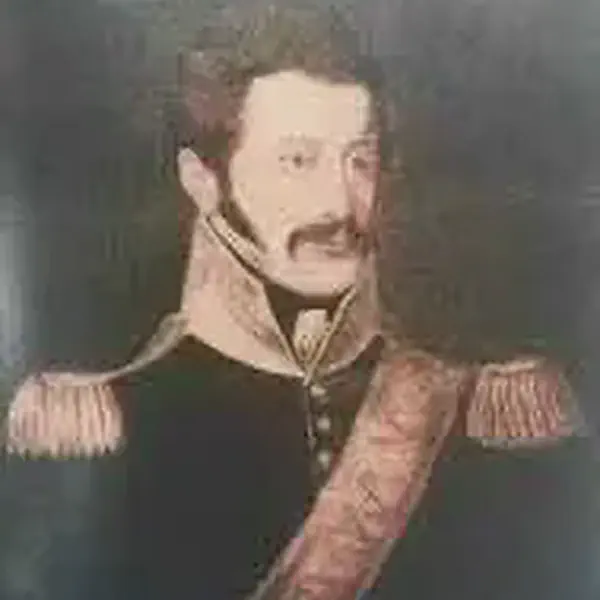
Rebel camp at Timahoe surrenders
William Aylmer William Aylmer (1778–1820) from Painstown, County Kildare, Ireland was a leader of the United Irishmen in the 1798 Rebellion against the British government.
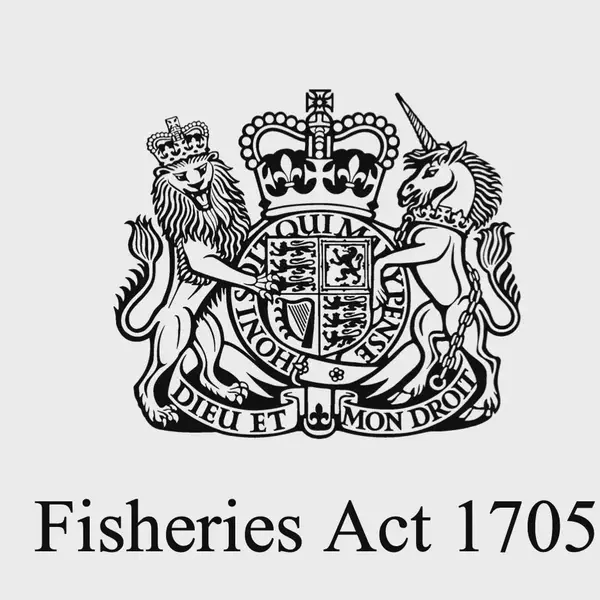
Fisheries Act 1705
Act of the Parliament of Scotland for the promotion of salmon, white and herring fishing Our Sovereign Lady and the Estates of Parliament taking to consideration the great and many advantages that may arise to this Nation by encouraging the Salmond White and Herring fishings they being not only a natural and certain fund to advance the trade and increase the wealth thereof but also a true and ready way to breed seamen and set many poor and idle people to work And albeit there be several good acts already made to encourage and carry on that trade yet they are either in dissuetude defective or do not answer the present circumstances Therefore that so great and general a concern may take effect in time coming Her Majesty with advice and consent of the Estates of Parliament Authorizes and Impowers all her good subjects of this Kingdom to take buy and cure herring and white fish in all sundry and seas channells bays firths lochs rivers etc. of this her Majesties ancient Kingdom and Islands thereto belonging wheresoever herring or white fish are or may be taken And for their greater conveniency to have the free use of all ports harbours shoars fore-lands and others for bringing in pickeling drying unloading and loading the same upon payment of the ordinary dues where harbours are built that is such as are paid for ships boats and other goods and Discharges all other exactions as a nights fishing in the week commonly called Saturday’s fishing top money stallage and the like …
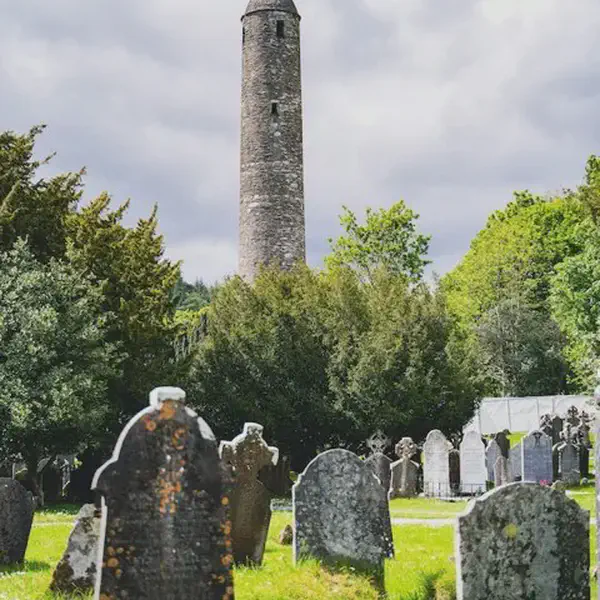
Battle of Inverkeithing
The Battle of Inverkeithing was fought on 20 July 1651 between an English army under John Lambert and a Scottish army led by James Holborne as part of an English invasion of Scotland.
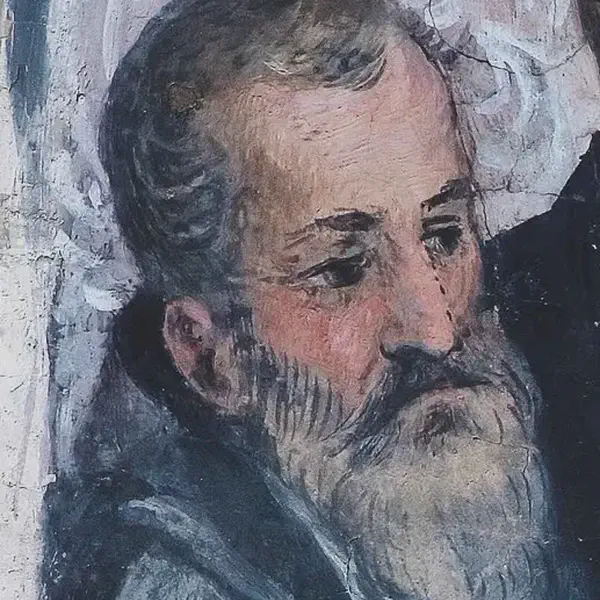
Hugh O'Neill, died
He led an unsuccessful uprising against the English, and was eventually forced into exile as part of “the Flight of Earls.”
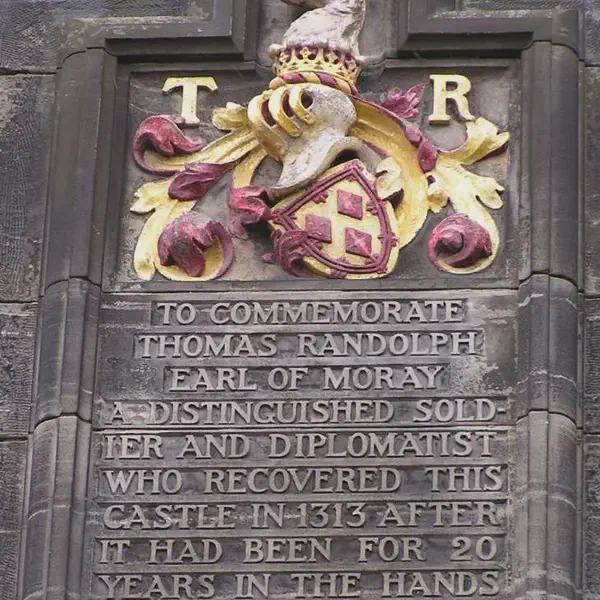
Thomas Randolph, Earl of Moray, died
Thomas Randolph, Earl of Moray (c. 1285 – 20 July 1332) was a soldier and diplomat in the Wars of Scottish Independence, who later served as regent of Scotland. He was a nephew of Robert the Bruce, who created him as the first earl of Moray.